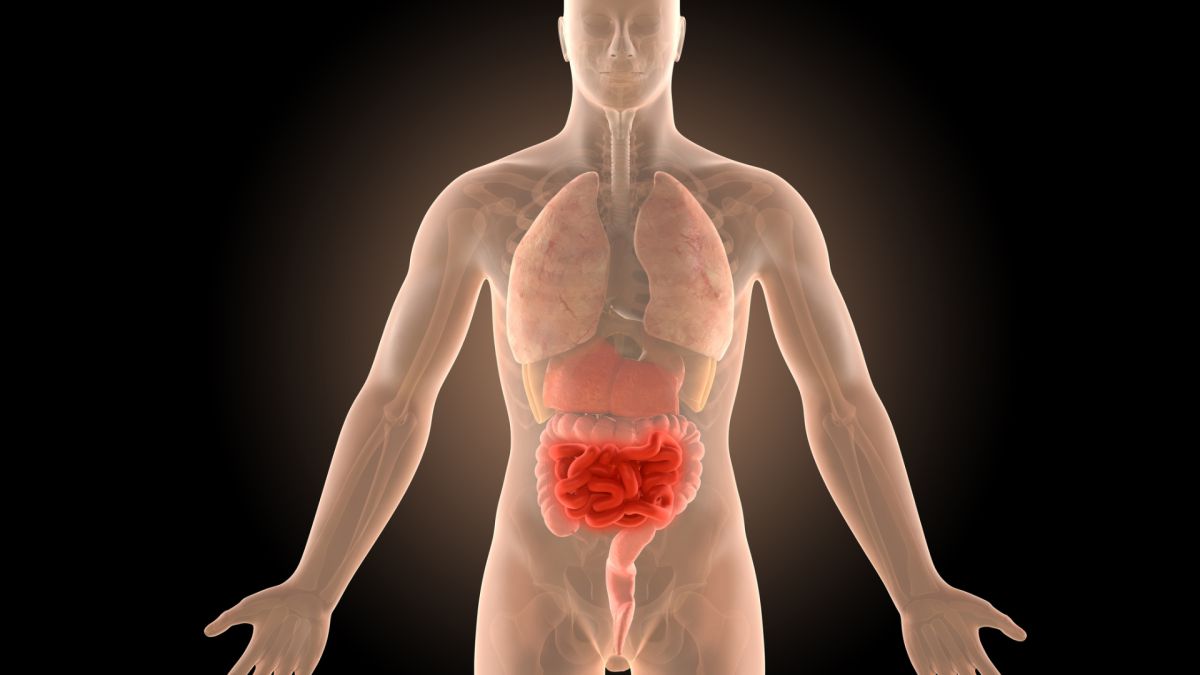
Crohn’s disease is a very common bowel disease that causes tissue swelling in the digestive tract. When that happens, you end up with malnutrition, weight loss, fatigue, diarrhea and also abdominal pain. Generally, the intestinal inflammation that’s caused by Crohn’s disease can be found in different parts of the digestive tract.
[ad]
But for the most part, it’s the small intestine that ends up being affected. Although there’s no cure for Chron’s disease, it’s important to keep in mind that the right treatments can help lower its severity in the long term.
What are the Crohn’s disease symptoms?
It can be difficult to narrow down what leads to Crohn’s disease, especially in the beginning. That’s why it’s important to start looking for the Crohn’s disease symptoms. Generally, it can involve multiple parts of the large or small intestine. The symptoms can be severe, or they can be mild. These include:
- Drainage or pain near the anus, caused by fistula inflammation
- Weight loss
- Less appetite than normal
- Mouth sores
- You have blood in your stool
- Cramps and all kinds of abdominal pain
- Fatigue
- Fever
- Diarrhea
Aside from that, there are other signs like eye, skin or joint inflammation. It’s also possible for Crohn’s disease patients to have iron deficiency, delayed growth, maybe even liver inflammation or kidney stones.
When should you see a doctor? It’s a very good idea to go to the doctor when you have abdominal pain, blood in the stool, vomiting, nausea, you lost too much weight randomly, and you also have diarrhea for weeks on end. The last thing you want is to ignore any of the symptoms above. That’s especially true if you have more than one of them. Getting checked out and identifying Chron’s disease early on can actually increase your chances of keeping it under control.
[ad]
What leads to Chron’s disease?
The issue is that Chron’s disease causes are not that well defined, even after a lot of research. Some of the main suspects are things like stress and dieting. However, problems with the immune system can also trigger Chron’s disease, and some say that genetic issues can also bring this problem as well.
There are some known risk factors too. One of them is aging, and it’s important to note that usually people are diagnosed before they turn 30. Some ethnicities like people of Eastern European Jewish descent tend to have it often, same with people from the Middle East and some Black people from the US and the UK. Additionally, the family history can also lead to risks, same with cigarette smoking. Even nonsteroidal anti-inflammatory medication can bring in Chron’s disease and intestinal inflammation in general.
How can Chron’s disease be diagnosed and treated?
While there’s no specific test to identify if a person has Chron’s disease, most of the time a doctor will set the diagnose after assessing the signs and symptoms. They will also use stool studies and blood tests to check for anemia, inflammation, liver problems and so on. In some cases you will also have blood screenings can be necessary too. Procedures like MRI, CT, colonoscopies, capsule endoscopy or even a balloon assisted enteroscopy can help with the diagnosis as well.
[ad]
Treating Chron’s disease
Treating Chron’s disease can be difficult, but there are a multitude of treatment options, and they are offered on a per-case basis.
Anti-inflammatory drugs
These are usually the first step when it comes to treating Chron’s disease. Oral 5-aminosalicylates and corticosteroids are very useful and they can help lower inflammation in your body. These are mostly used for 3-4 months and some doctors prescribe them along with other medication like an immune system suppressor, depending on the situation.
Immune system suppressors
As the name suggests, these are drugs that help reduce inflammation and also eliminate the main causes behind inflammation as a whole. Some of the most common suppressors include Methotrexate and Azathioprine, among many others.
Antibiotics
Antibiotics are a good option because they lower the abscess and fistula drainage that can arise. Flagyl and Cipro are commonly used as a treatment for Chron’s disease and they are quite efficient. They can lower the amount of harmful bacteria which leads to intestinal inflammation.
[ad]
Biologics
These are targeting proteins generated by the immune system. They are highly efficient and you don’t need a prescription for most of them. Entyvio, Stelara, Skyrizi and Remicade are some of the most common options.
Conclusion
Crohn’s disease can be challenging to deal with, but there are various treatments you can follow in order to suppress its pain. On top of that, making dietary changes like eating smaller meals, drinking lots of liquids, limiting dairy products can be very useful. Additionally, exercising, removing stress from your life and quitting smoking can be extremely difficult. Even alternative medicine can help. If you encounter any of the Chron’s disease symptoms, it’s a good idea to go to the doctor and do a complete checkup, so you can prevent any future complications!
[ad]



